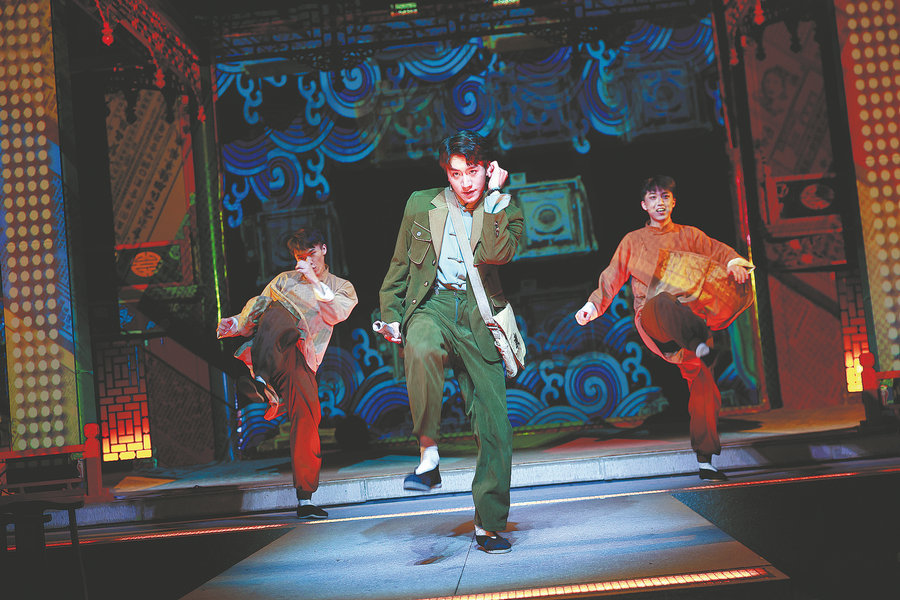Peking Opera show puts musical tale center stage
Murder mystery provides backdrop to compelling plot of family, friendship and duty, Chen Nan reports.


Guild halls, huiguan in Chinese, which first appeared in the Ming Dynasty (1368-1644) and reached their peak in the Qing Dynasty (1644-1911), referred to gathering places for people either from the same hometowns, or with shared interests, meeting venues for merchants, scholars or regional associations. There were more than 500 guild halls in the capital.
Huguang refers to present-day Hubei and Hunan provinces during the Ming and Qing dynasties. The Huguang Guild Hall dates back to 1807 and was built by Liu Quanzhi, a scholar from Changsha in Hunan, and Li Junjian, a government official from Huanggang in Hubei. It originally functioned as a cultural, business and social center, serving the increasing number of people from the two provinces living in the capital.
With its courtyards and halls filled with ancient wooden beams and intricate carvings, the guild hall is most famous for its center stage, where Peking Opera masters such as Mei Lanfang (1894-1961), Tan Xinpei (1847-1917) and Yu Shuyan (1890-1943) once performed. The space, rich in history, provides an intimate atmosphere where the audience can almost feel the pulse of centuries past reverberating through its walls, creating a deep connection to the cultural heritage being performed.
Xu Xiaohui, general manager of the Tianqiao Zenith Group, a Beijing-headquartered company in charge of the upkeep of the guild hall, says the complex has undergone several renovations. In 1984, it was placed on the cultural heritage protection list by the Beijing municipal government, which has been working to revive such old buildings and promote their reuse since 2021.
























